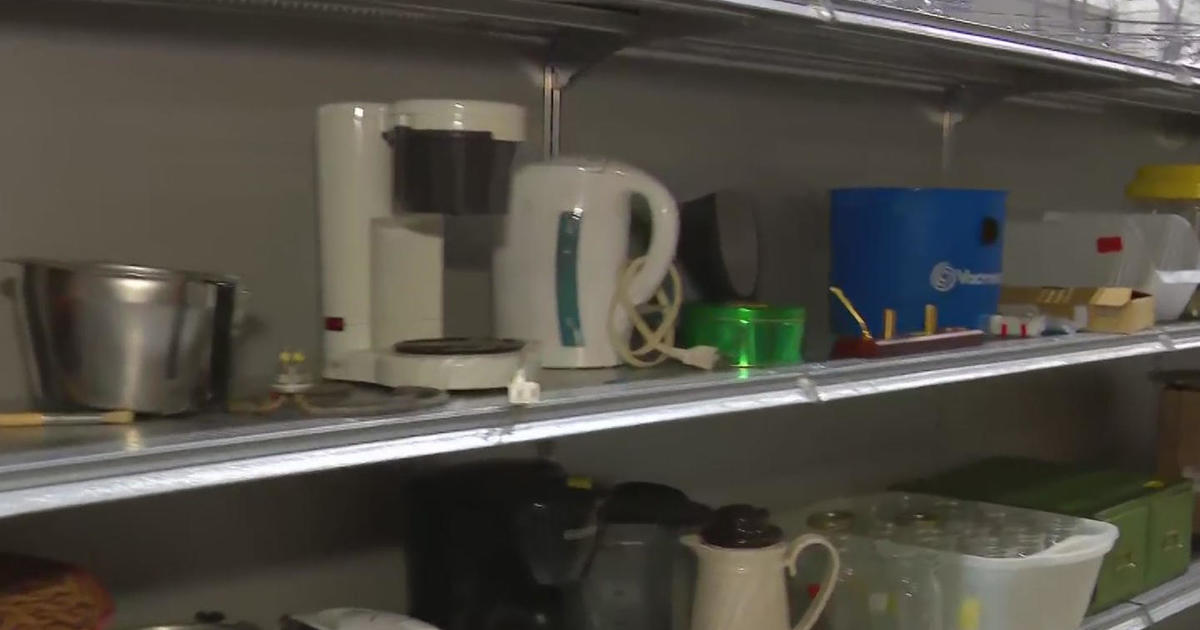Good Question: Why Is The Air So Dry In The Winter?
MINNEAPOLIS (WCCO) -- With winter upon us there's a lot more than cold and snow to look forward to. It's that time of year when our best friend may as well be a full tub of moisturizing cream.
Exceptionally dry winter air causes chapped hands, cracked and itchy skin, even more nose bleeds. It's not the snow, cold or even darkness that makes Minnesota winters so unbearable - it's the dryness.
WCCO Meteorologist Chris Shaffer says you can blame the laws of physics.
"The cooler the air is, the less its ability to hold water," he said.
And what that means is that as the temperature drops outside, down goes the humidity inside our homes.
"When you are in the house and it's really dry and your skin's starting to itch, and you're shocking people more, and everything like that -- that's why you turn that humidifier on, to put some moisture in the air for comfort, essentially," Chris said.
Dr. Scott Prawer is a dermatologist with Associated Skin Care Specialists in Fridley. He says one misunderstanding is that trying to hydrate your body from the inside could help.
"By drinking water, that doesn't hydrate your skin," he said. "It's what you do to the outside of the skin that really hydrates the skin."
What will help is taking shorter showers, in warm water, not hot. You should also avoid using deodorant or anti-bacterial soaps and those skin products containing alcohol. Instead, try bathing with gentle skin cleansers and avoid scrubbing with a washcloth.
Most important is the use of a good quality skin cream, such as Vanicreme, Eucerin, Seraphim or Aveeno. They tend to lock in the skin's natural oils and prevent the dryness much better than simply using moisturizing lotions.
"Creams are more hydrating. They contain oils which will moisturize the skin," Dr. Prawer said.
Home humidifiers can certainly help boost a home's moisture content, but remember, the colder the outside temperature, the less moisture the air inside your home can hold.
For a general rule of thumb, a home can safely support an inside humidity level of 30 percent at an outside air temperature of 0 to 10 degrees. At 10 to 20 degrees of outside temperature, your home could be comfortable at 35 percent humidity. At 20 to 40 degrees outside, the humidity level inside should be around 40 percent. Humidity levels greater than these will result in window condensation and the potential for damaging mold and mildew.
"I would imagine lotion sales are low in Florida," Chris said.
"We do recommend Florida in the wintertime," Dr. Prawer said, "and I can write a prescription for that!"
Dr. Prawer says to apply moisturizing cream immediately after bathing. That will help trap the moisture that's already on your skin.



